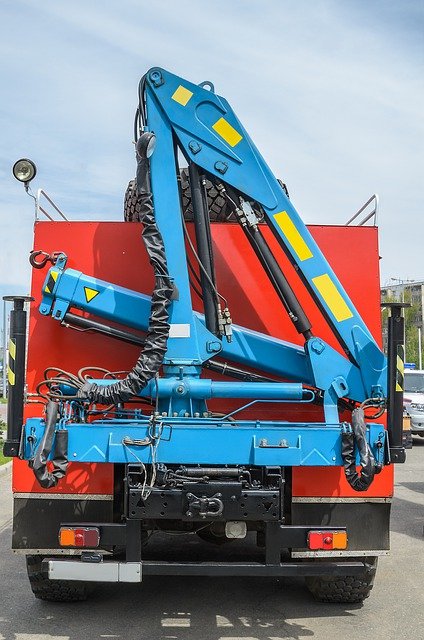Probably the only thing that federal Minister for Energy Andrew Taylor has said that stands up to any rigour is that technology will be a major part of Australia and other countries addressing the urgent need to reduce carbon emissions and get to near zero actual (or at worst net-zero) by 2050.
Problem is, when Taylor talks of technology, he includes things like carbon capture (which does exactly nothing to reduce carbon emissions actually and is kind of like saying you are reducing litter in a city by building a bigger trash facility to take the increased litter), and then gas-fired electricity plants (which again are hardly examples of massive lowering of carbon emissions).
Further, the government’s recently announced plan to get to net-zero by 2050 assumes significant input from new technology (which have yet to be invented!). Technology is going to play the major role in changing energy creation and use, but you can’t include things that are not yet invented in a plan.
Let’s just assume the federal government will continue its well-documented lack of understanding about how to create and develop technological innovation.
Sign up for SmartCompany newsletter.
Free to your inbox every weekday
The NSW government’s recent commitment to green hydrogen is an example of technology investment that will dramatically reduce carbon emissions while ensuring we have stable base load power.
Investing in climate tech — technology-based approaches to lower carbon emissions — has become a significant part of the overall Australian technology investment landscape, even if not the federal government’s.
The massive Sun Cable project in the Northern Territory is just one example of using current technology and putting it on steroids to allow Australia to export green energy to Asia, and we should expect to see far more of these examples.
Brighte is one of a number of startup fintechs providing funding to households to help them install solar and batteries on their homes.
What is similar in both of these investments is that Mike Cannon-Brookes is a major investor in both, and he has also committed a further $1 billion to invest in products that will address climate change.
At the other end of the scale, there are investments being made in technology solutions to help farmers increase yields from their crops while minimising water usage (and in fact fertiliser usage). Companies such as Regrow and Cecil provide different approaches to achieving the goal of helping farmers keep consistent land yields as the climate changes.
We are also seeing a massive increase in investment in next generation battery technology (like EnergBan), micro suburb electricity grid platforms and other usage monitoring platforms all which are looking to help homeowners and businesses use less electricity and have the electricity they use be 100% green.
It is sad that our federal government is so out of step with where the world is going. Their lack of ability to see through the decline of coal to a new future with lots of new jobs in the renewable space means that it is up to entrepreneurs, investors and some state governments (and local councils!) to plot the path forward.
The good news is that the majority of Australians and Australian businesses — whether they are inner city latte drinkers or the real people of rural Australia — see that a future based on renewables and efficient use of electricity all with a very low carbon footprint is good for them, their families, their communities, their country and the world.
Daniel Petre is currently the co-founder and general partner at AirTree Ventures, the trustee of the Petre Foundation, and an adjunct professor at UNSW Business School. He has been in tech for more than four decades.
Source: https://www.smartcompany.com.au/opinion/daniel-petre-tech-industry-climate-change/



